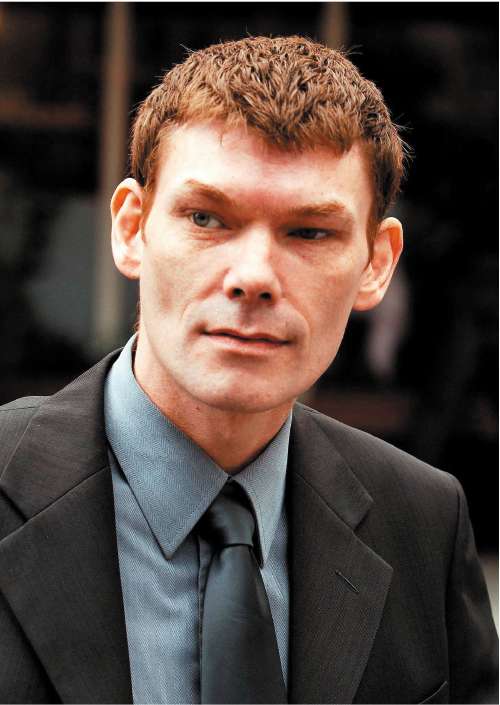'Superhacker' bids to halt extradition

A British man accused of the "biggest military computer hack of all time" will make a last desperate plea today to try to stop his extradition to the US.
Gary McKinnon, 42, will tell the House of Lords that he is the victim of an oppressive prosecution and has been made the scapegoat for a catastrophic failure in US military security. If he loses his case he could face life imprisonment.
Mr McKinnon is accused of hacking into 97 US military computers – including 16 Nasa computers and one belonging to the Pentagon – from his bedroom in Wood Green, north London, in 2001 and early 2002. He is alleged to have crashed the US Army's Washington network of 2,000 computers for 24 hours, significantly disrupting government functions.
Prosecutors also accuse him of shutting down 300 computers at a US Navy weapons station immediately after the terror attacks of 11 September 2001. Mr McKinnon said he was looking for evidence of unidentified flying objects. He is not facing charges in Britain.
Mr McKinnon's solicitor, Karen Todner, told the High Court last year of meetings at the US embassy in Grosvenor Square. The legal attache, Ed Gibson, is said to have told her "off the record" that the New Jersey authorities were determined to see McKinnon "fry".
If her client pleaded guilty to two counts, he could expect a sentence of less than four years. Prosecutors would not oppose this being served in England. If not, she was allegedly told, "all bets were off" and Mr McKinnon could expect a sentence of eight to 10 years "or possibly longer".
The former home secretary John Reid signed the extradition order on Mr McKinnon, who has not denied hacking into US computer systems, including some mentioned in the US indictment. But he claims he was not a threat to security as he was only looking for evidence of UFOs.
Mr McKinnon also claims the extradition treaty under which he is to be sent to the US had not been ratified by the American government. A decision is expected within three weeks.
Join our commenting forum
Join thought-provoking conversations, follow other Independent readers and see their replies
0Comments